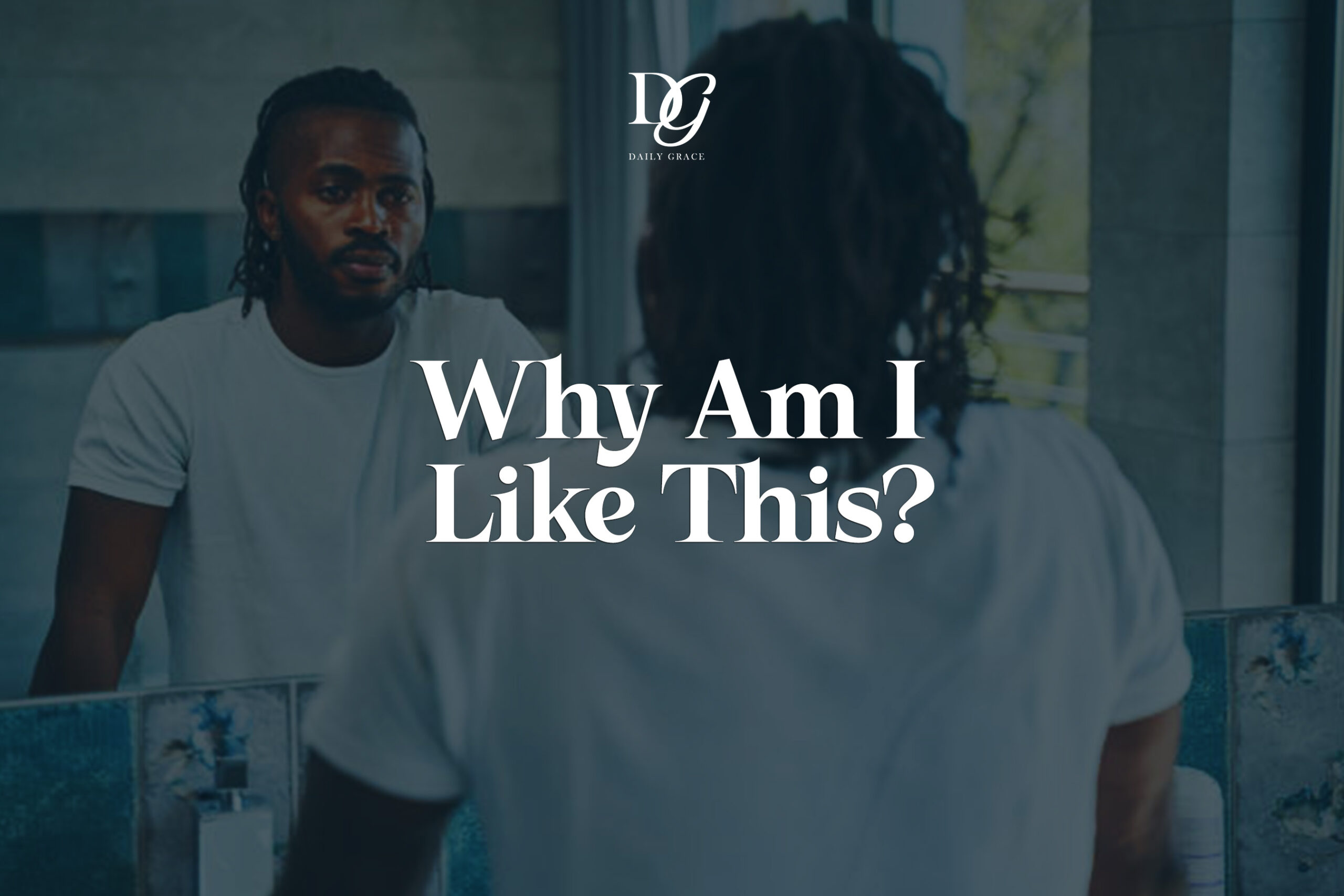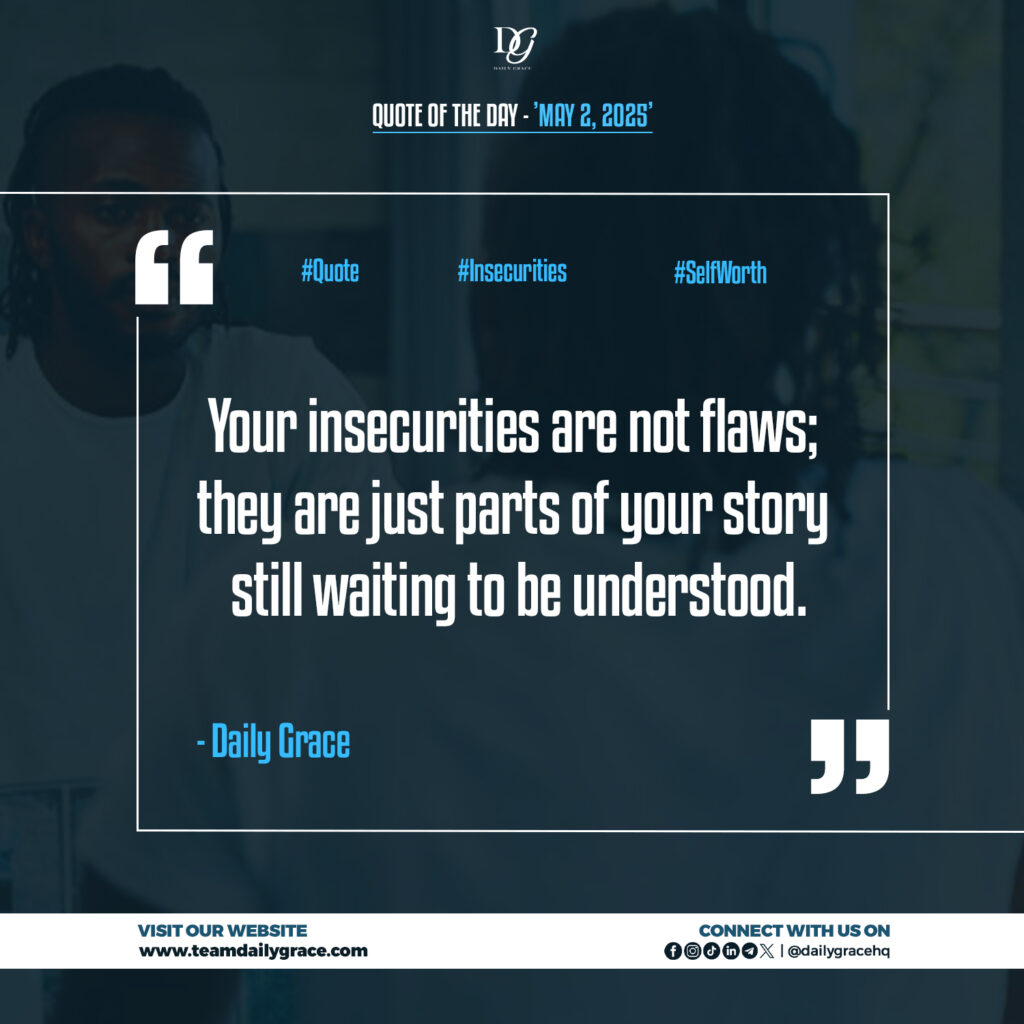Inspiring Change Every Day with Grace
Why Am I Like This?

You walk into a room, and someone barely notices you, yet suddenly, your chest feels tight. You scroll through a friend’s success story online, and out of nowhere, a wave of self-doubt hits you like a cold breeze. You wonder, “Why do I feel this way?” And just like that, insecurity sneaks in, quietly but strongly.
Insecurity isn’t just a feeling; it’s an internal conversation, a constant question about your worth, abilities, or place in the world.
Sometimes it comes from childhood experiences where validation was rare. Other times, it’s the result of heartbreaks, betrayals, rejections, or societal expectations that constantly say, “You should be more.” Insecurity often takes over where certainty and acceptance once were.
You might think insecurity only shows up when you’re at your lowest, but that’s the tricky part, it can strike even when life seems good enough. It can linger in the high achiever who fears losing everything, in the artist scared to share their work, or in the partner who worries about not being enough for their partner.
Insecurity doesn’t care where you are; it thrives where vulnerability meets fear. But our brains are partly to blame too. Research shows that our brains are wired to notice threats, and sometimes we mistake social cues or personal failures as threats to our identity.
Dr. Brené Brown’s work on vulnerability suggests that where shame and fear go unaddressed, insecurity grows quickly. It’s not about weakness; it’s often about emotional wounds we haven’t taken the time or courage to heal.
The worst part? When insecurity goes unacknowledged, it starts to control our lives. It can stop us from speaking up in meetings, chasing dreams, expressing love, or even trusting those closest to us. Left unchecked, it builds invisible walls around our potential, trapping us in a cycle of self-sabotage and second-guessing.
But here’s a truth worth holding onto: feeling insecure doesn’t make you broken; it makes you human. Insecurity only becomes a prison if we let it rule us unchecked.
Learning to recognise it, question its roots, and gently but firmly rewrite the story it tells is where emotional freedom begins. It’s a journey, not a switch to flip. It requires self-awareness, compassion for yourself, and the courage to sit with uncomfortable truths without letting them define you.
So whenever you feel that tightness in your chest or the urge to shrink yourself, please allow yourself to ask, “What story am I telling myself right now?” Because sometimes, feeling insecure isn’t a sign that you’re failing; it’s simply an invitation to heal, grow, and reclaim your voice from the shadows.
No Copyright infringement intended.
When was the first time you realised insecurity was affecting how you saw yourself or others?
Use the this link to share your story and experience anonymously https://gdpd.xyz/dailygrace
PS: Kindly Follow our WhatsApp Channel at https://whatsapp.com/channel/0029VawUlQGBPzjQXzs6fX2Q for more engaging content.

